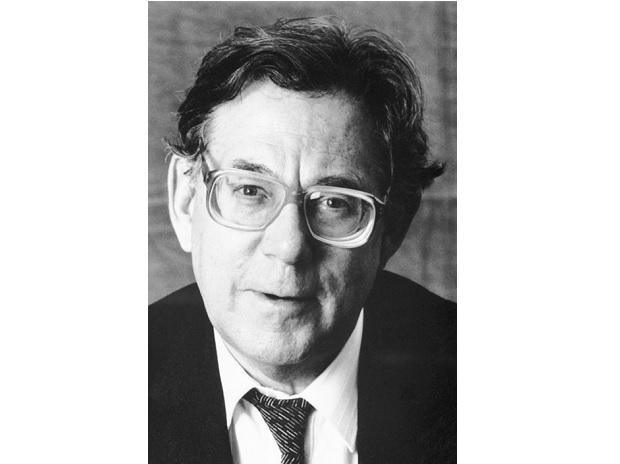The Earth has dozens of names in dozens of languages, but the human-dominated moment in the planet’s history that we find ourselves in has been named only once: The Anthropocene. The man most responsible for that moniker, Nobel Prize-winning chemist Paul Crutzen, died on Thursday at 87.
Crutzen discovered in 1970 that nitrogen pollution was capable of destroying ozone in the atmosphere, a critical layer of that protects living things from the sun’s ultraviolet radiation. The implications were potentially dangerous, as this ozone gas thinned into a “hole” above the Southern Hemisphere that threatened to leave millions of people exposed. Crutzen shared the 1995 Nobel Prize in Chemistry for discovering the risk to the ozone layer.
“He was a great example to all scientists, because he was not afraid to point out the moral implications of the changes that humans are causing to the atmosphere,” said James Hansen, the former Nasa scientist known for his early public warnings about global warming. “And he was unafraid to criticize government actions and policies.”
Crutzen’s science clearly drove political action. A 1987 treaty, known as the Montreal Protocol, led to a worldwide phase-out of ozone-eating chemicals, including the chlorofluorocarbons used in refrigeration and other applications.
 Dear Reader,
Dear Reader,
Business Standard has always strived hard to provide up-to-date information and commentary on developments that are of interest to you and have wider political and economic implications for the country and the world. Your encouragement and constant feedback on how to improve our offering have only made our resolve and commitment to these ideals stronger. Even during these difficult times arising out of Covid-19, we continue to remain committed to keeping you informed and updated with credible news, authoritative views and incisive commentary on topical issues of relevance.
We, however, have a request.
As we battle the economic impact of the pandemic, we need your support even more, so that we can continue to offer you more quality content. Our subscription model has seen an encouraging response from many of you, who have subscribed to our online content. More subscription to our online content can only help us achieve the goals of offering you even better and more relevant content. We believe in free, fair and credible journalism. Your support through more subscriptions can help us practise the journalism to which we are committed.
Support quality journalism and subscribe to Business Standard.
Digital Editor

RECOMMENDED FOR YOU